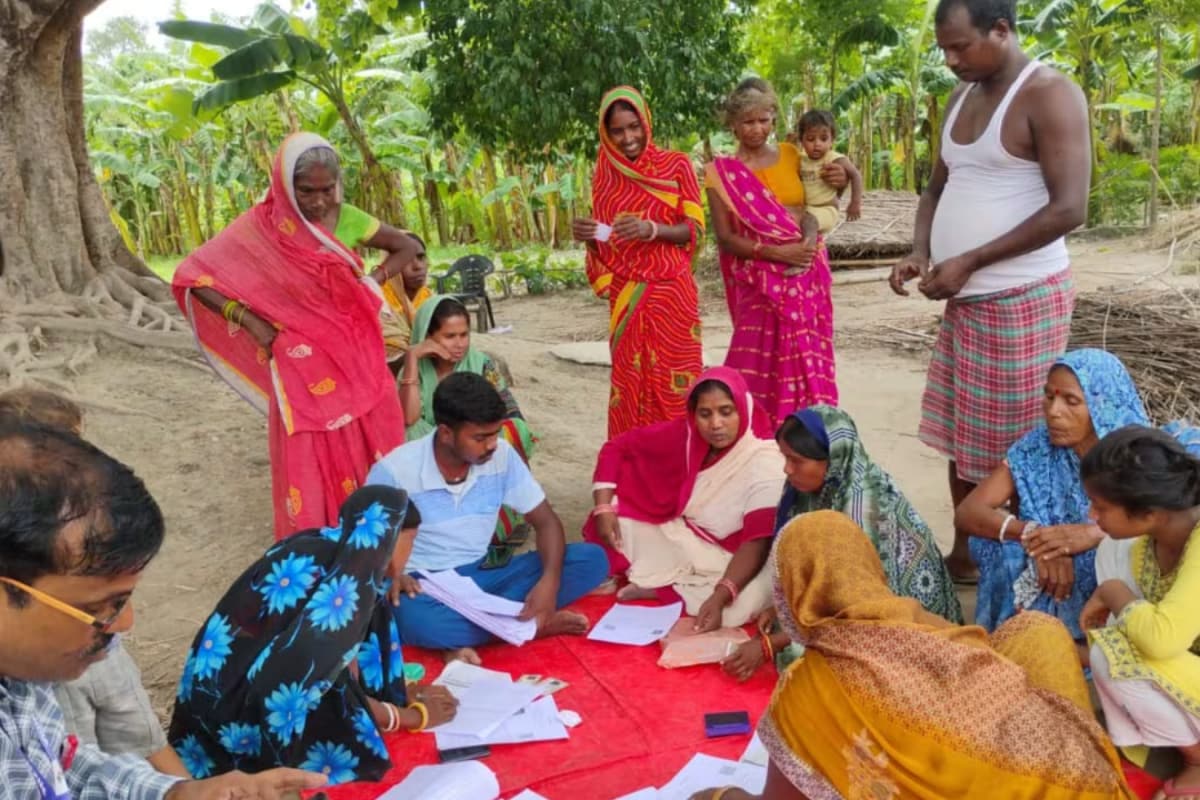

The Supreme Court is currently hearing petitions challenging the legality of the Special Intensive Revision (SIR) of electoral rolls being conducted by the Election Commission in Bihar, raising critical questions about the burden of proof for citizenship and the potential disenfranchisement of marginalized voters.
Several petitions were filed against the Election Commission of India's (ECI) decision to conduct a Special Intensive Revision (SIR) of electoral rolls in Bihar. Petitioners argue that the SIR process violates the Representation of People Act, 1950, and the Registration of Electors Rules, 1960, by shifting the onus of being on the voters' list from the state to the citizens. Concerns have been raised that the order imposes unfair documentation burdens, particularly on marginalized communities, and could disrupt free and fair elections. The petitioners include Rashtriya Janata Dal MP Manoj Jha, Trinamool Congress MP Mahua Moitra, NGOs like the Association for Democratic Reforms and People's Union for Civil Liberties, and activist Yogendra Yadav. Leaders from other opposition parties, including K.C. Venugopal of the Congress, Supriya Sule of the Nationalist Congress Party (SP), and others, have also moved the Supreme Court.
The core contention lies in the ECI's directive requiring voters to submit documents proving their citizenship, potentially leading to the exclusion of crores of voters, especially from marginalized communities like SCs, STs, and migrant workers. The petitioners argue that the decision was taken without prior consultation with political parties and could be used to target Muslim, Dalit, and poor migrant communities. Advocate Prashant Bhushan, representing the Association for Democratic Reforms, highlighted that the SIR process excluded commonly used identification documents like Aadhaar or ration cards, making vulnerable communities more susceptible to exclusion from voting.
The Supreme Court has questioned the timing of the SIR exercise, which comes months before the Assembly elections, suggesting it should be conducted irrespective of elections. The court also raised concerns about the exclusion of Aadhaar, voter ID cards, and ration cards as valid documents during the verification drive, noting that the list of 11 documents provided by the ECI was not exhaustive and asked the ECI to consider these documents. The ECI has been asked to file a counter-affidavit. The court noted that if the ECI intended to check citizenship, it should have acted earlier, as the issue of citizenship falls under the Ministry of Home Affairs' purview.
The Supreme Court has acknowledged the significance of the issue, recognizing that it goes to the root of democracy and the right to vote. The court referenced a 1977 ruling that clarified the powers of the ECI to conduct free and fair elections. The Supreme Court has clarified the ECI's plenary powers over the "superintendence, direction, and control of the preparation of the electoral rolls" under Article 324. The hearing is scheduled to continue, with the ECI expected to address the court's concerns and justify the SIR exercise in Bihar.